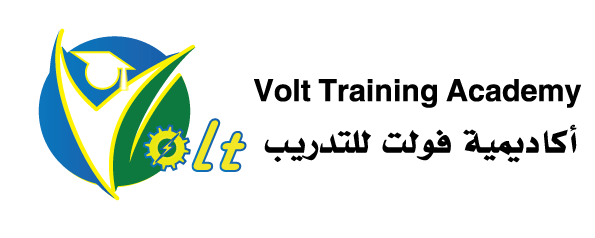Modern computer programming for vehicles
Overview
Topics
Overview
This course offers a comprehensive study of contemporary computer programming methods applied to automotive systems. Participants will gain knowledge on how software is integrated into vehicles, the programming of embedded systems, and the creation of applications for vehicle diagnostics and performance analysis.
Topics
Introduction to Automotive Software Systems
- Overview of the role of software in modern vehicles
- Understanding vehicle architecture: ECUs (Electronic Control Units), sensors, and actuators
Programming Languages and Tools
- Common programming languages in automotive applications (C, C++, Python)
- Introduction to Integrated Development Environments (IDEs) and tools used in automotive programming
Embedded Systems Programming
- Basics of embedded systems and their importance in automotive applications
- Real-time programming concepts and requirements
Vehicle Communication Protocols
- Overview of communication protocols: CAN, LIN, and Ethernet
- Understanding how vehicles communicate with diagnostic tools and between ECUs
Development of Automotive Applications
- Designing and implementing applications for vehicle diagnostics
- Case studies on common applications (e.g., fuel management, ABS, infotainment systems)
Testing and Validation
- Importance of testing in automotive software development
- Techniques for unit testing, integration testing, and system testing
Cybersecurity in Automotive Programming
- Overview of cybersecurity threats in modern vehicles
- Best practices for securing automotive software systems
Hands-On Programming Projects
- Practical exercises in writing and debugging code for automotive systems
- Group projects to develop simple applications or modifications for existing systems
Emerging Technologies and Trends
- Overview of advancements in automotive programming (e.g., autonomous driving, electric vehicles)
- Future trends in vehicle software development and technology integration
Conclusion and Q&A
- Recap of key concepts and skills covered in the course
- Open discussion for questions and sharing experiences

